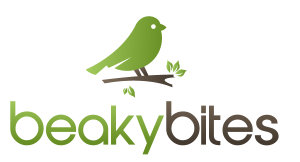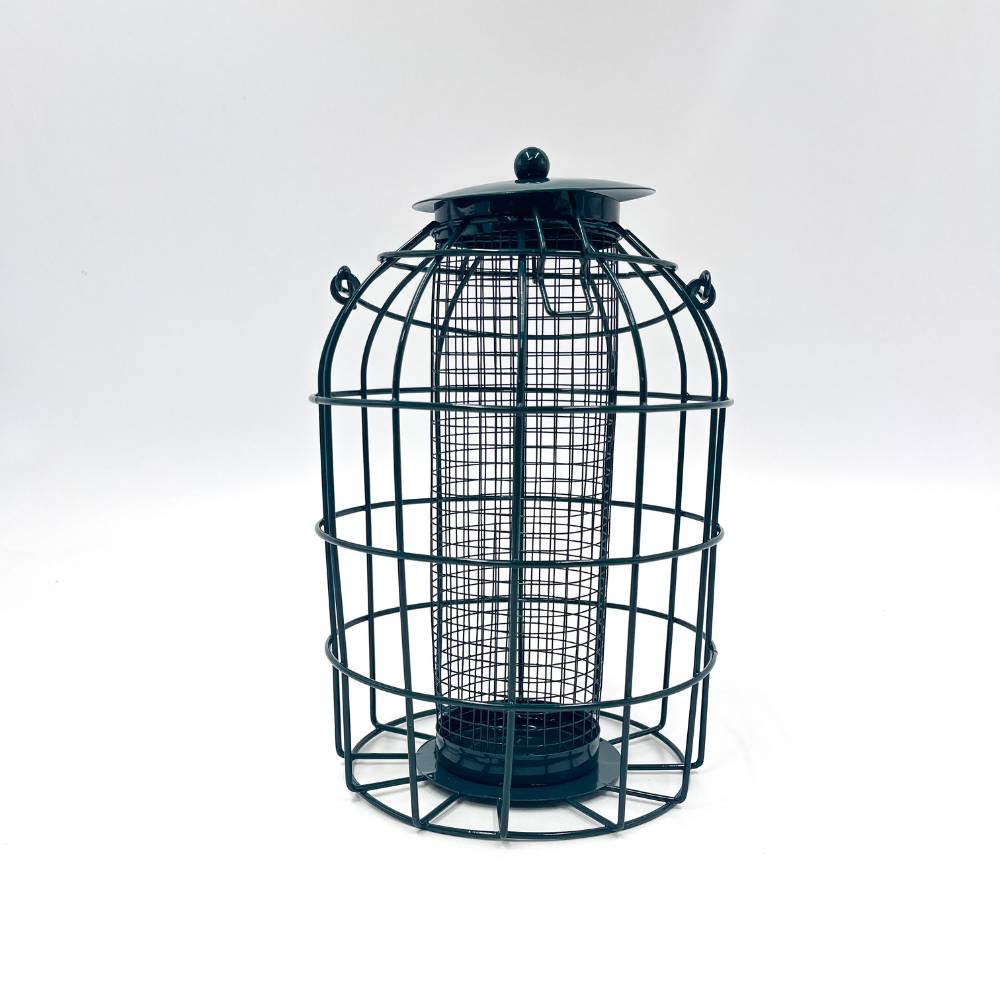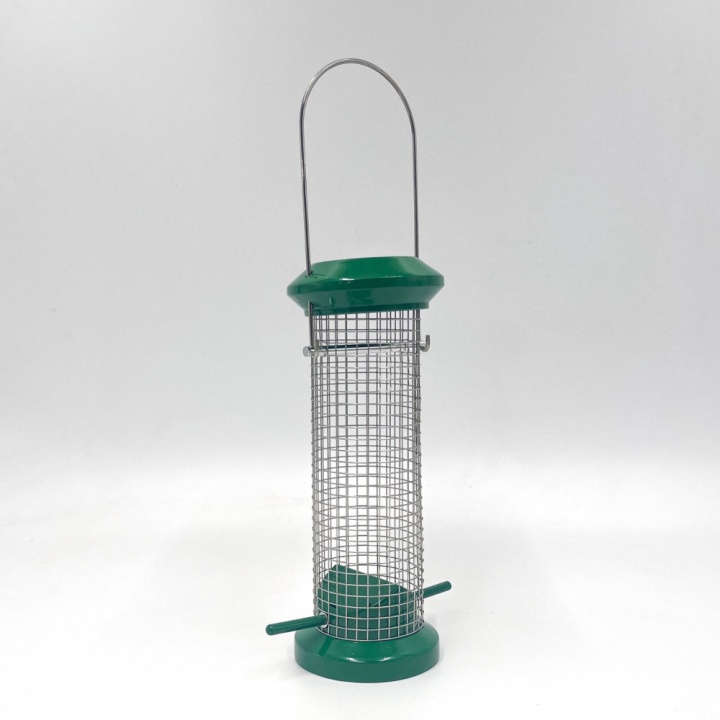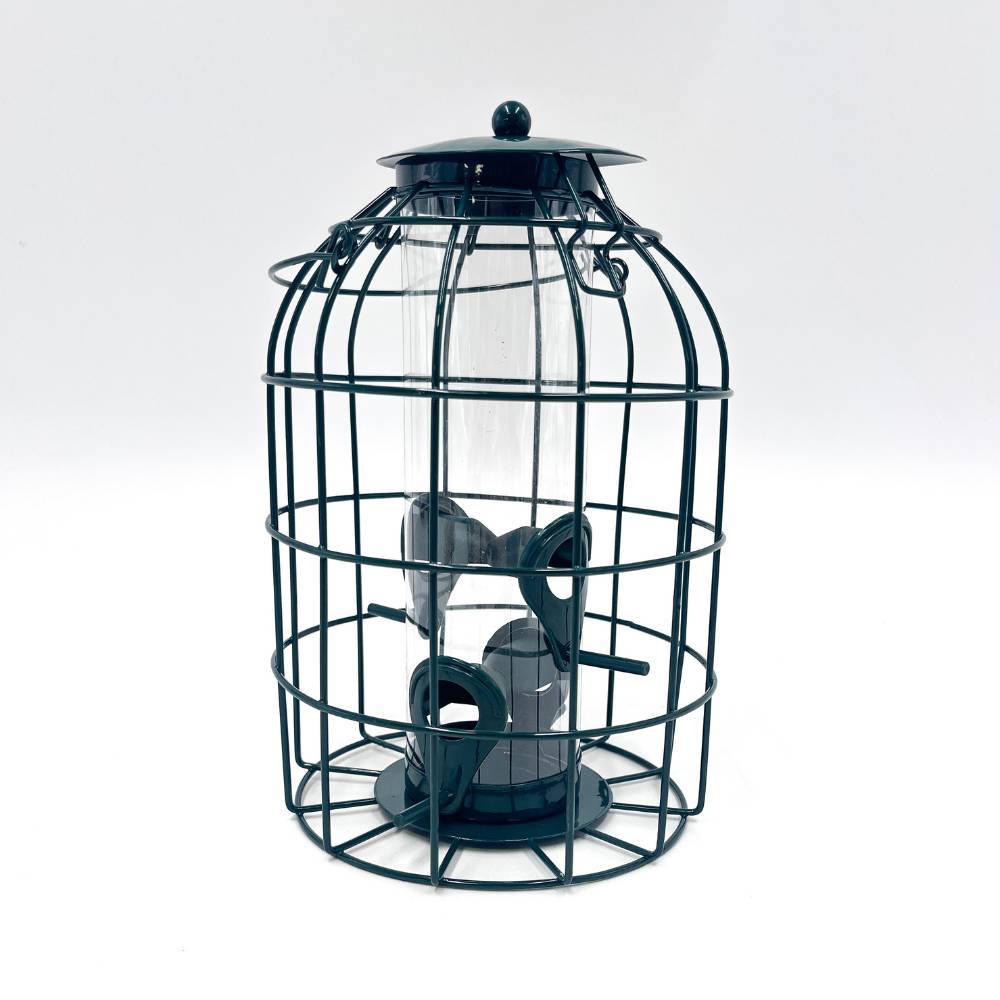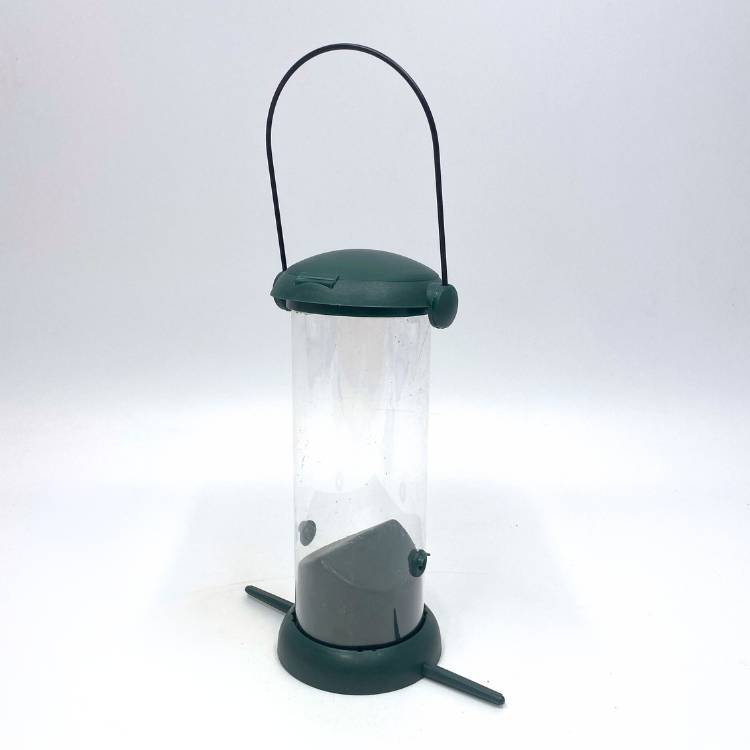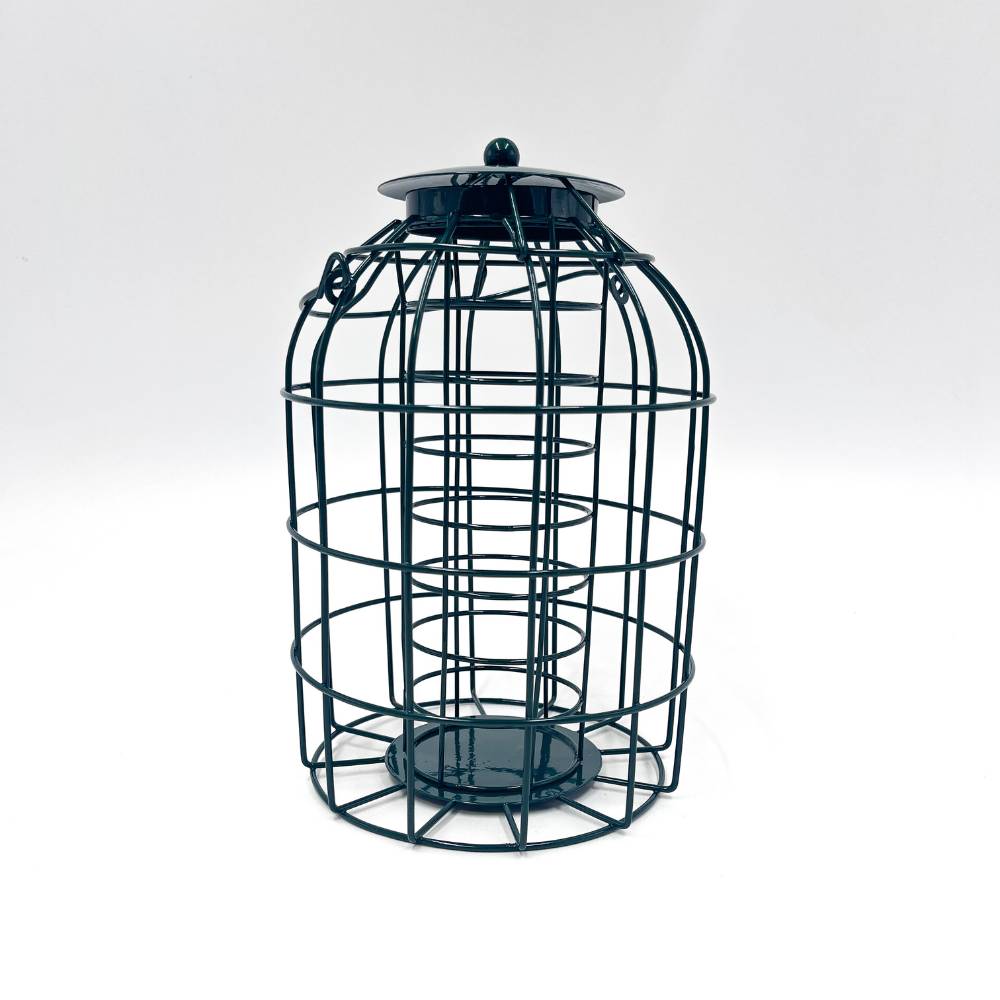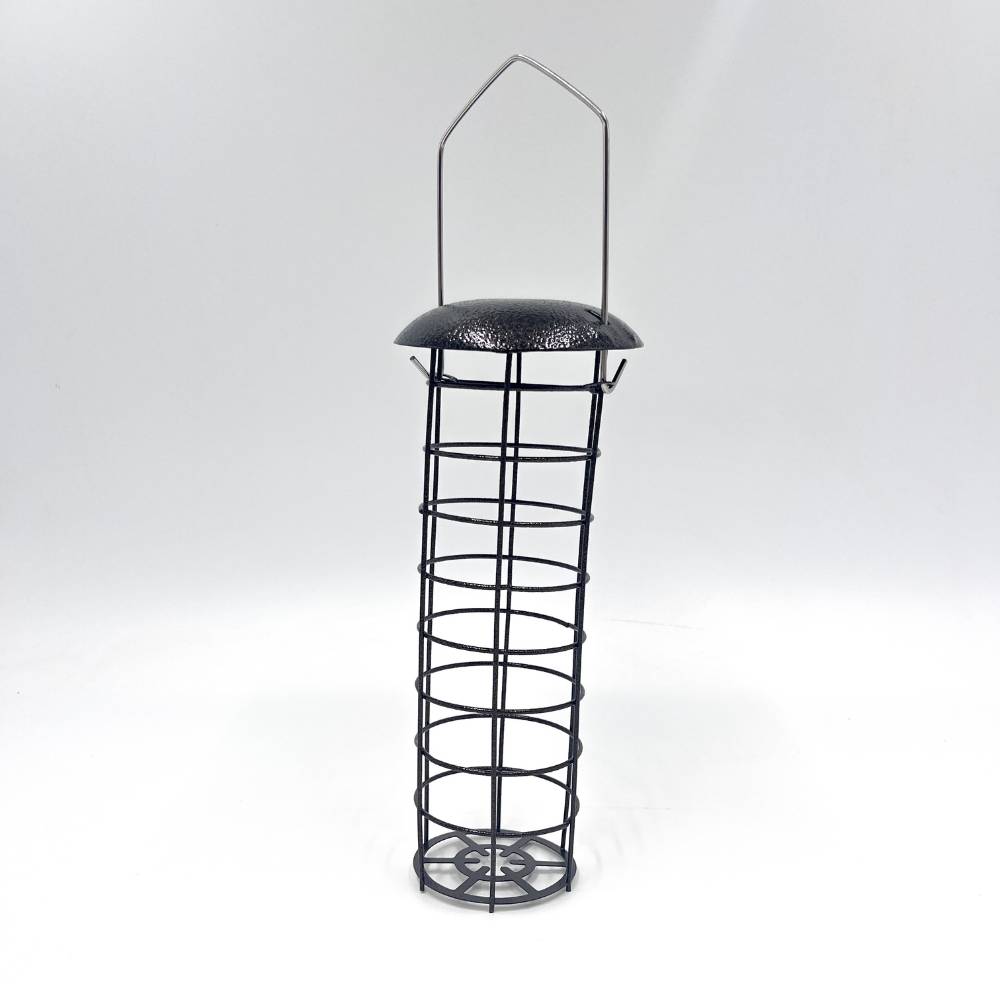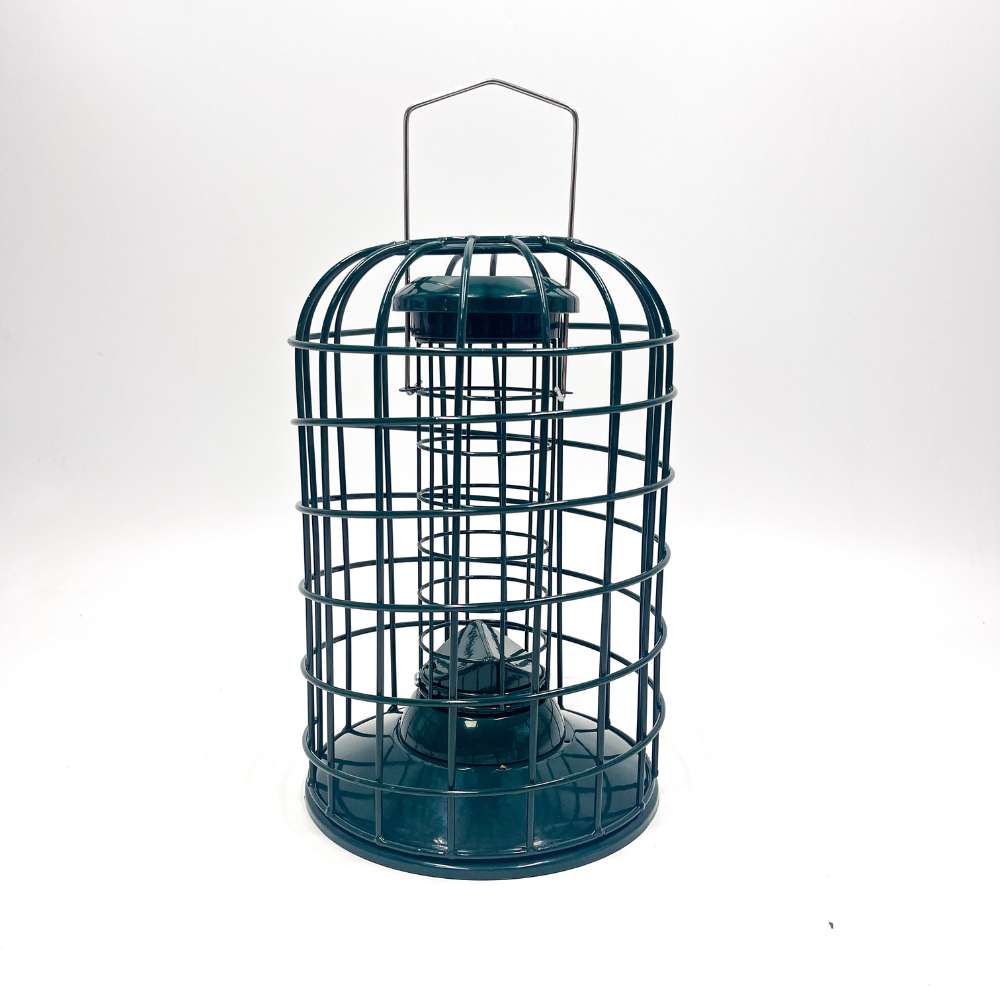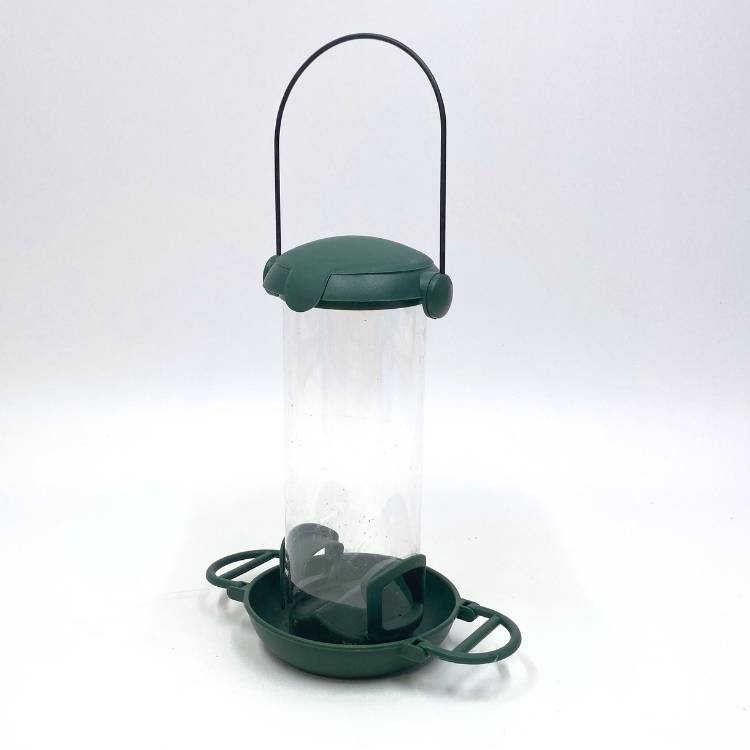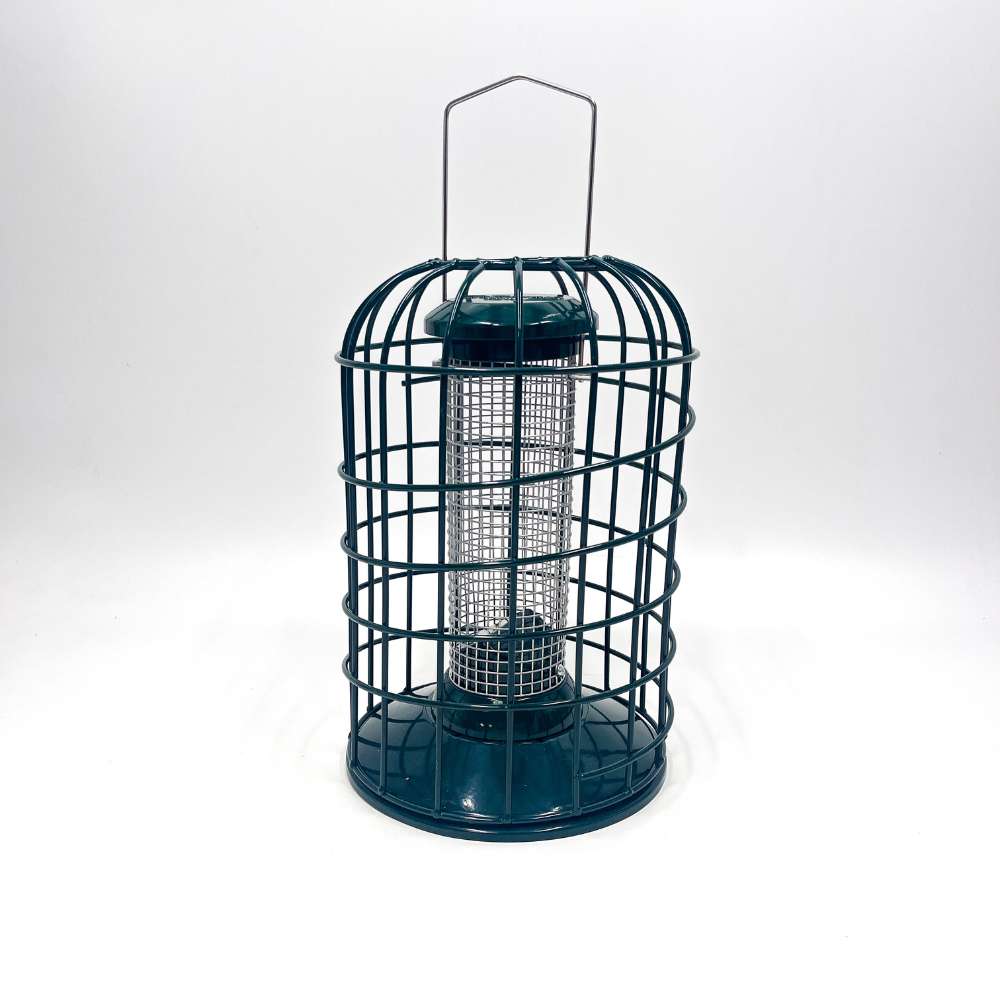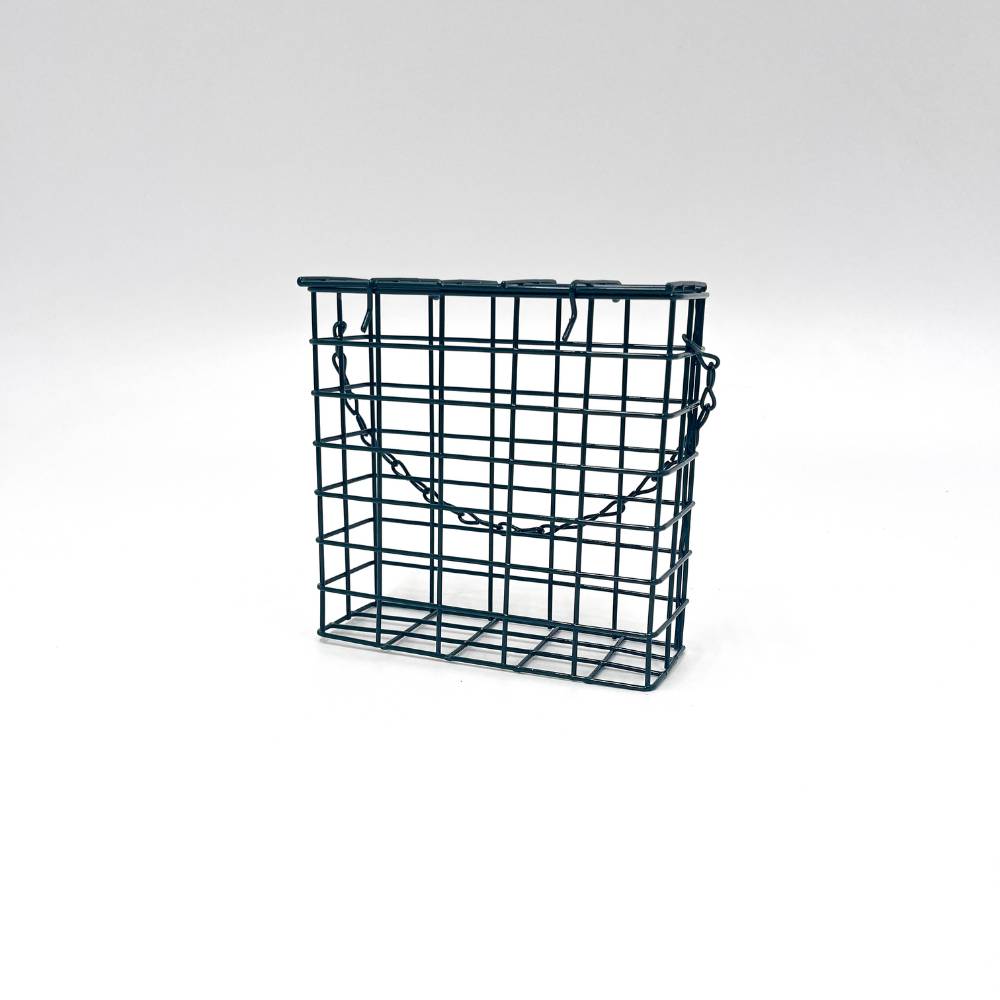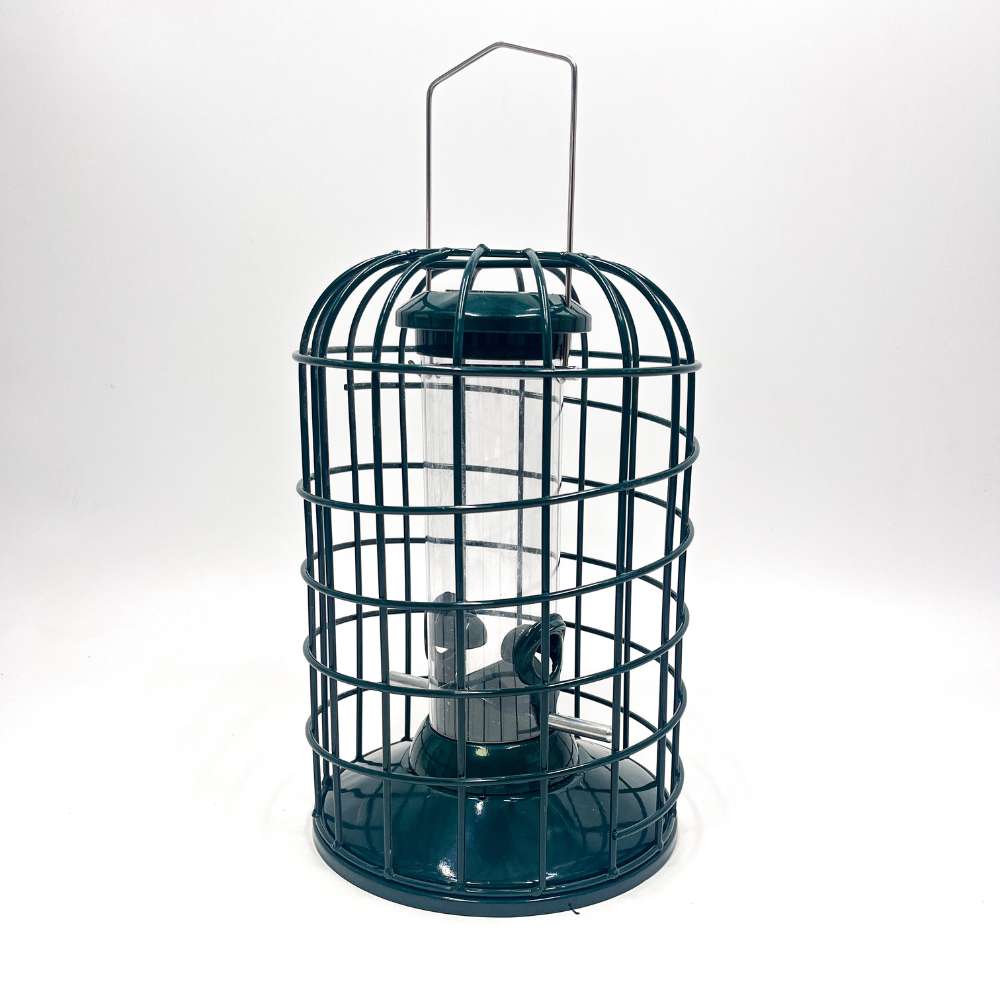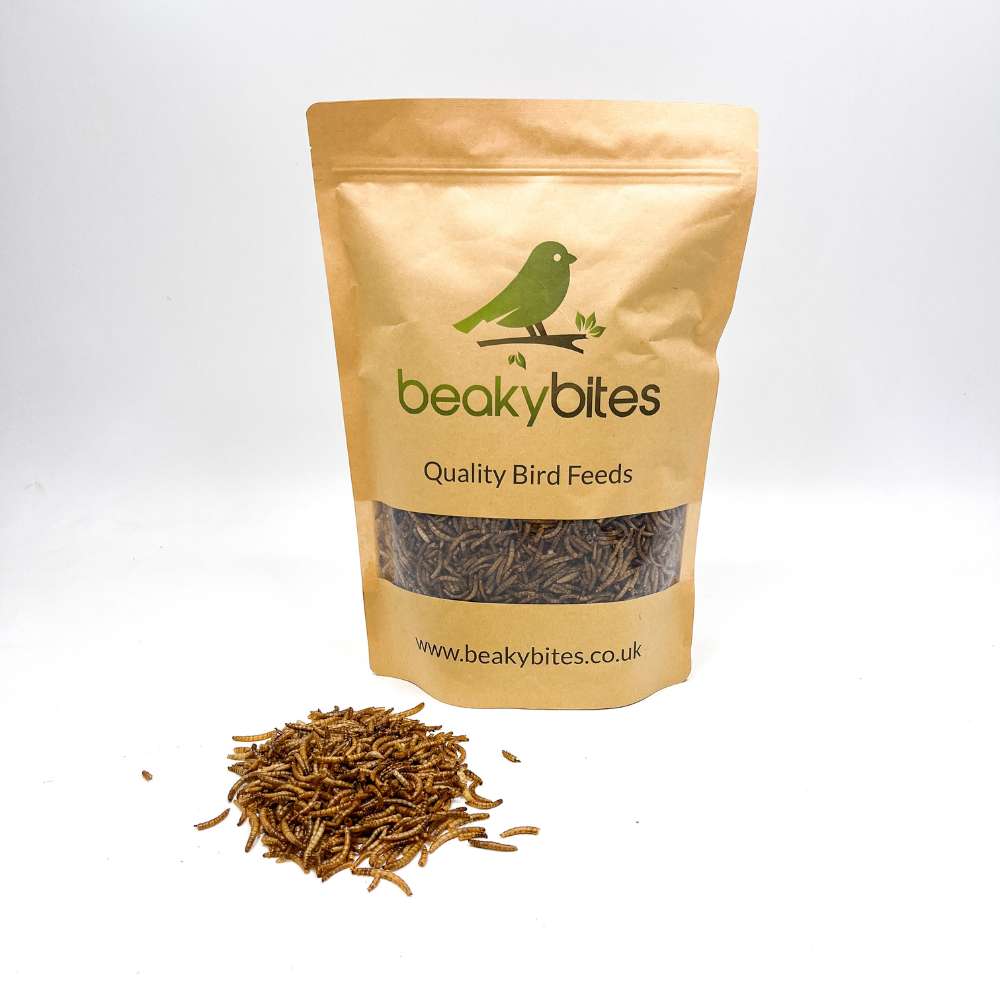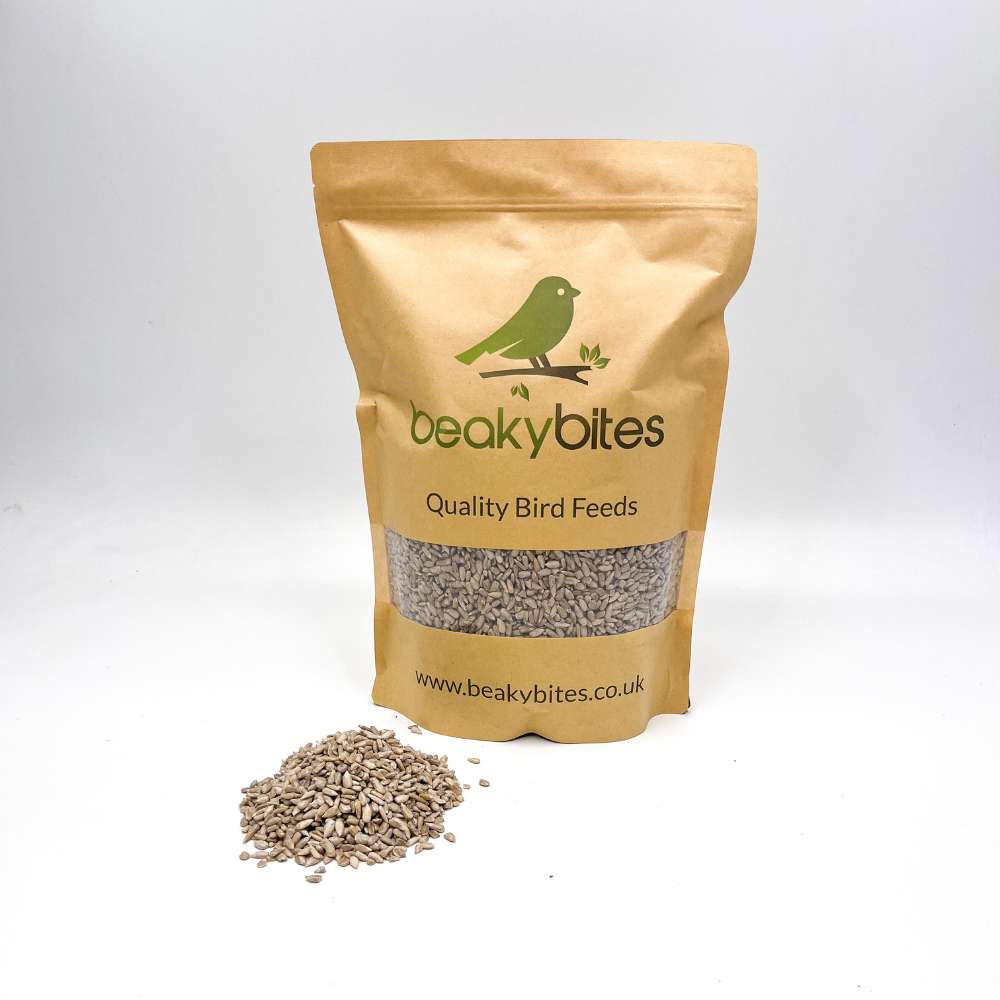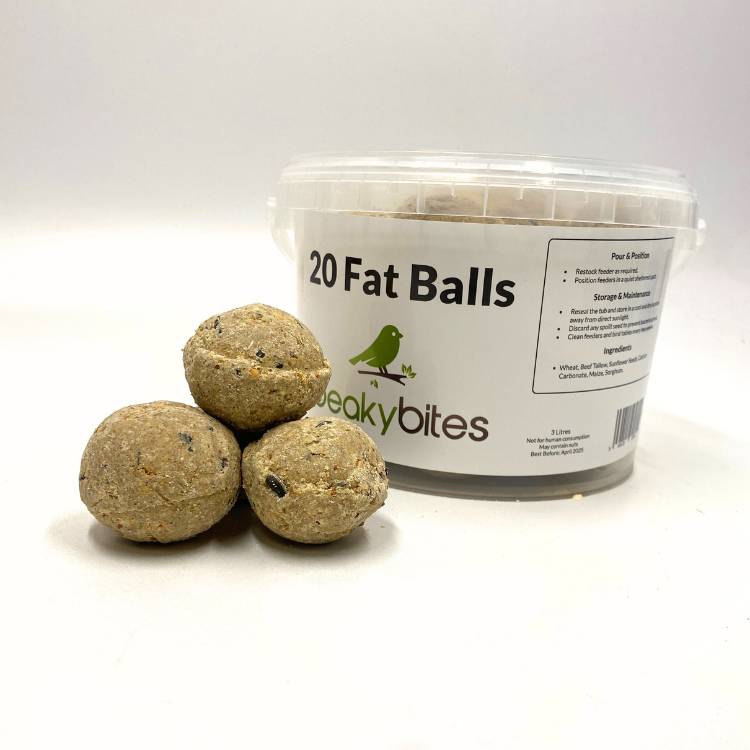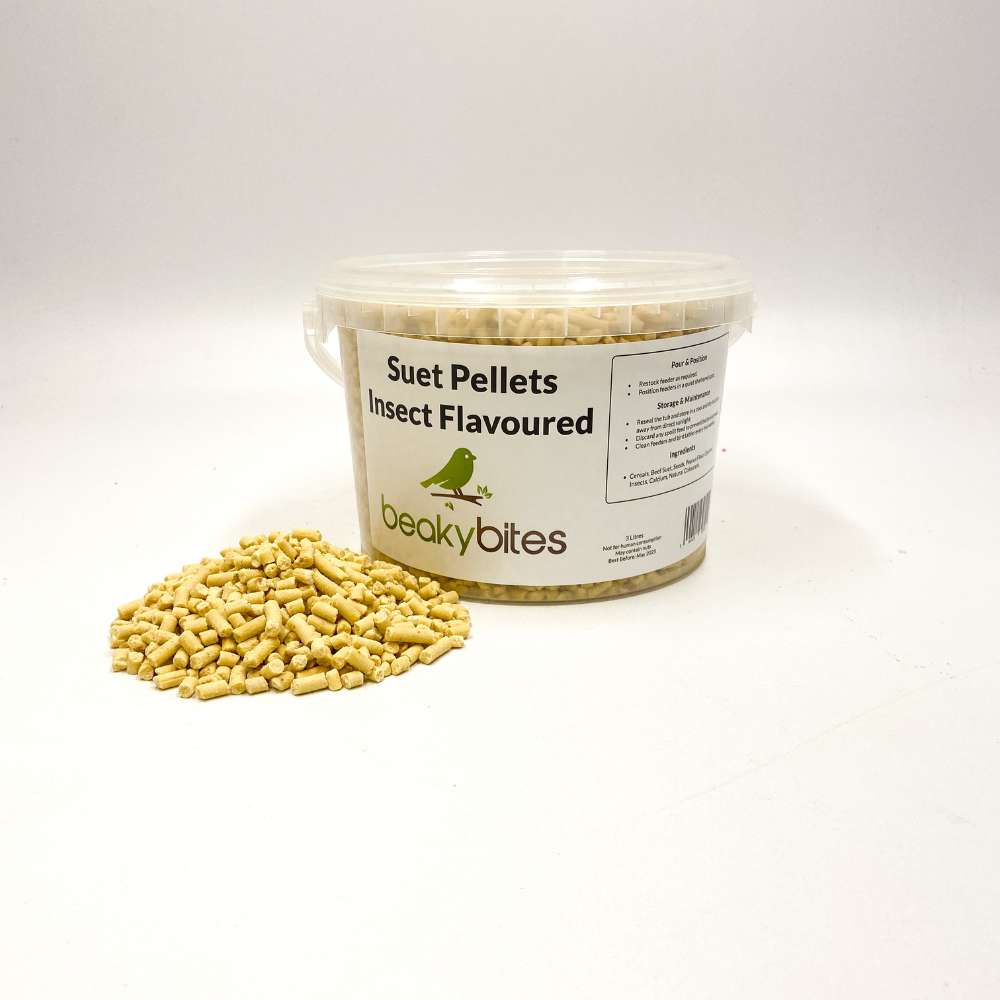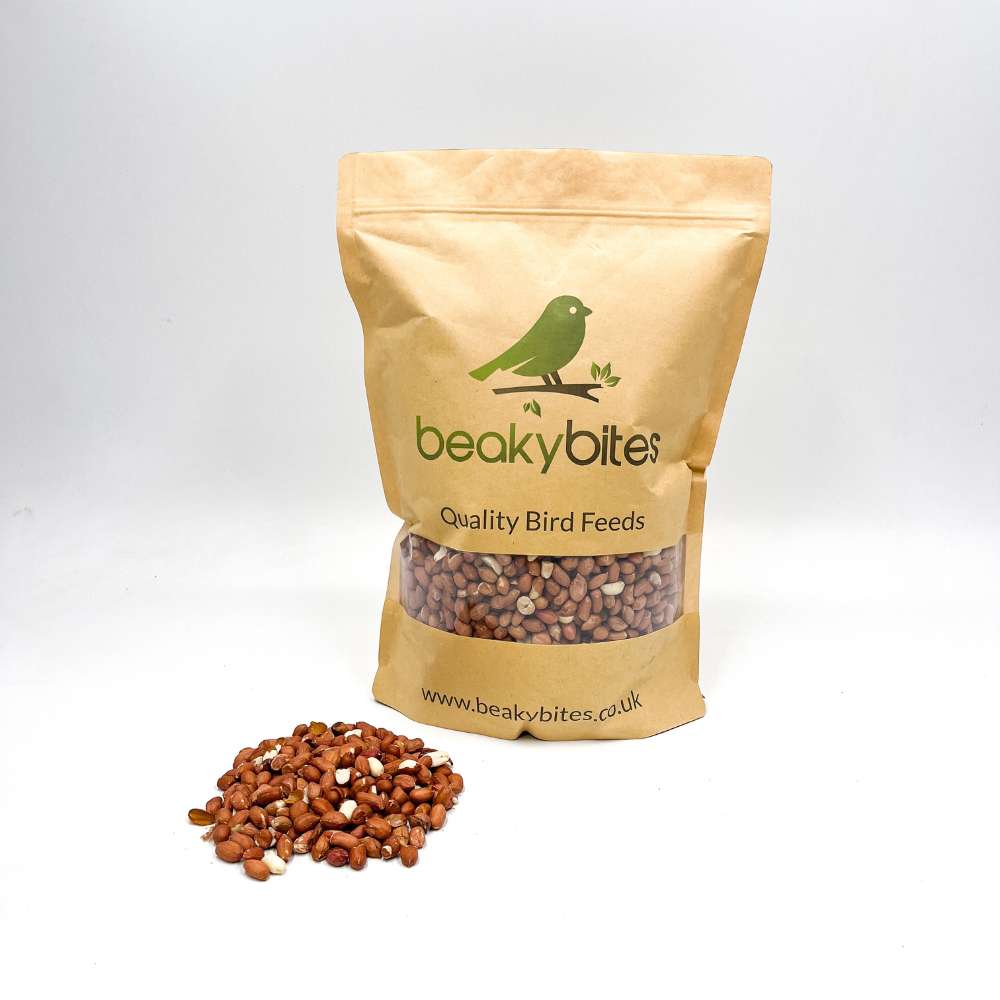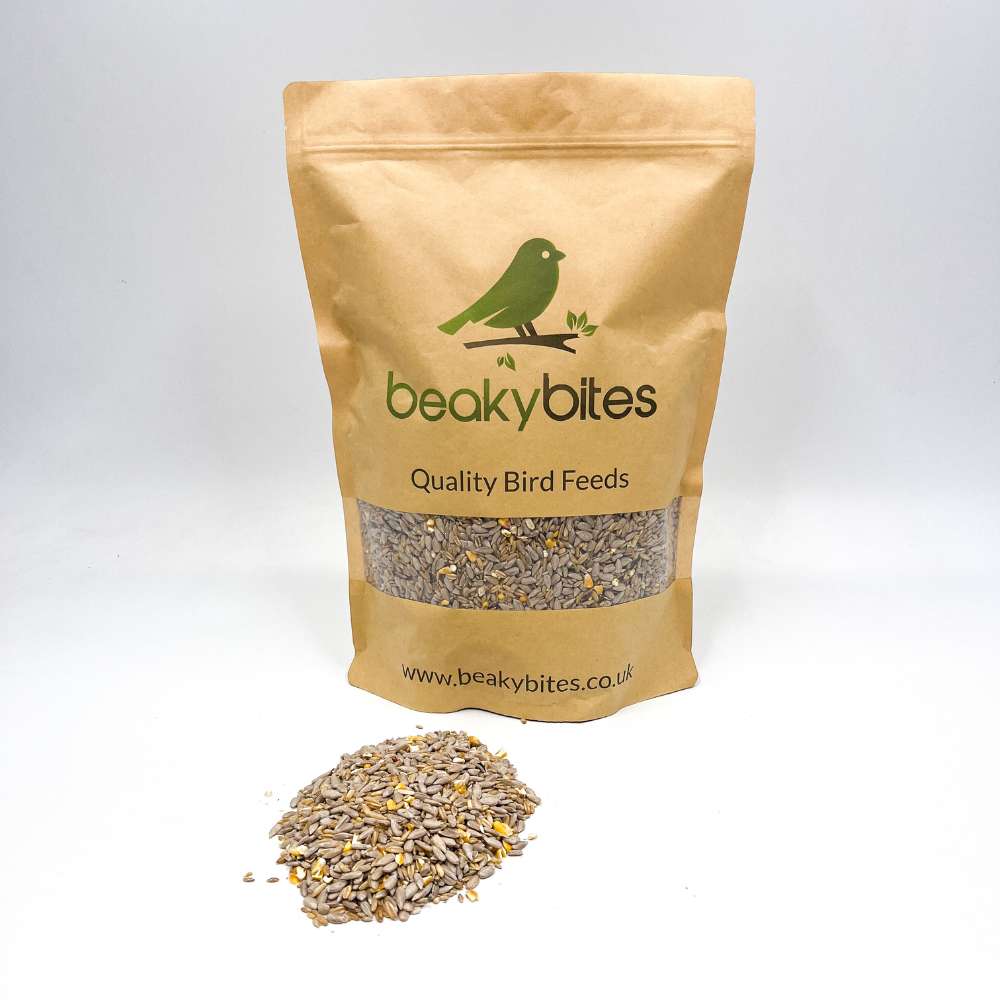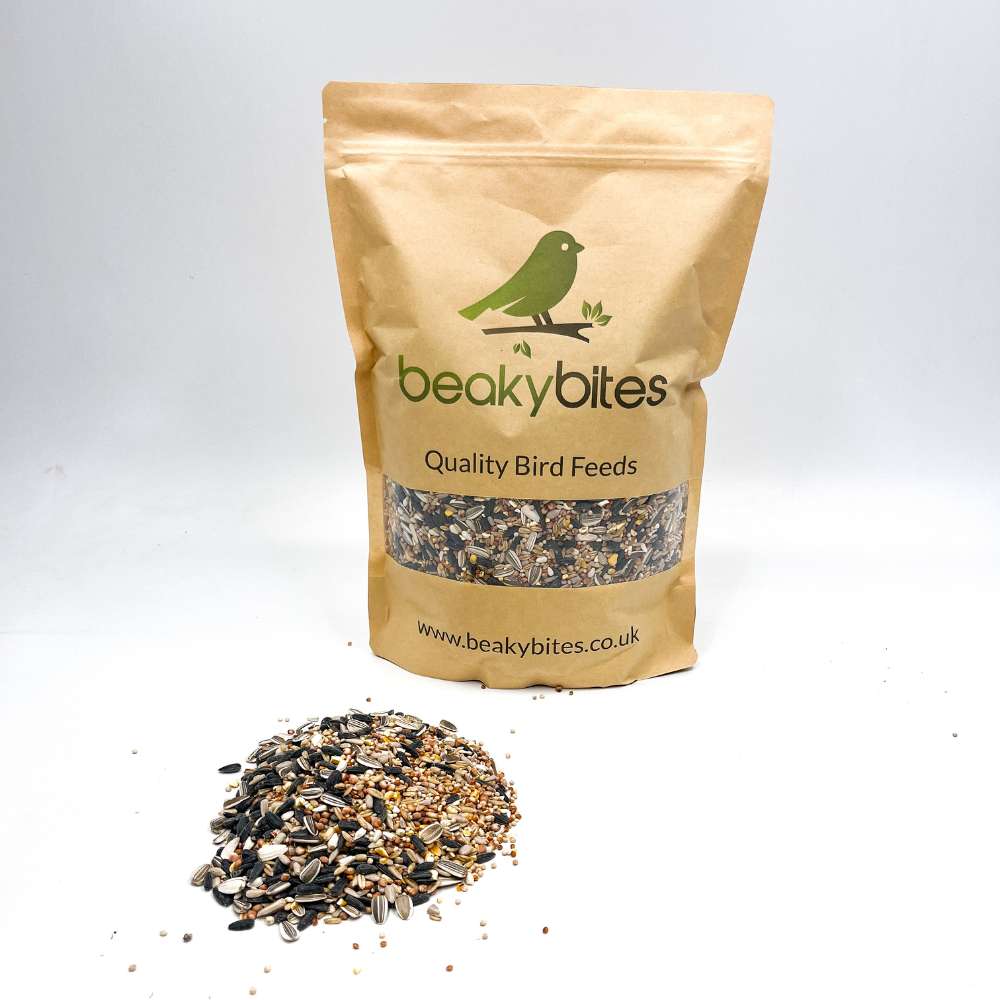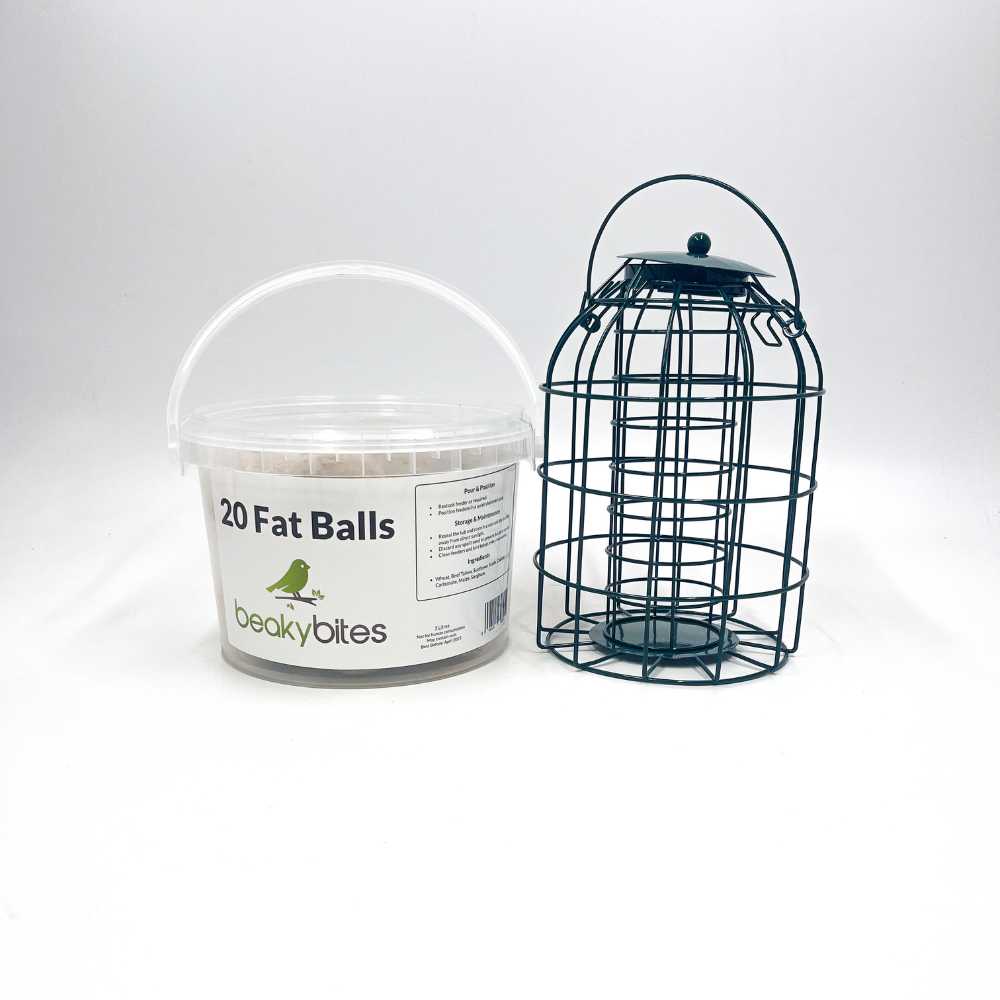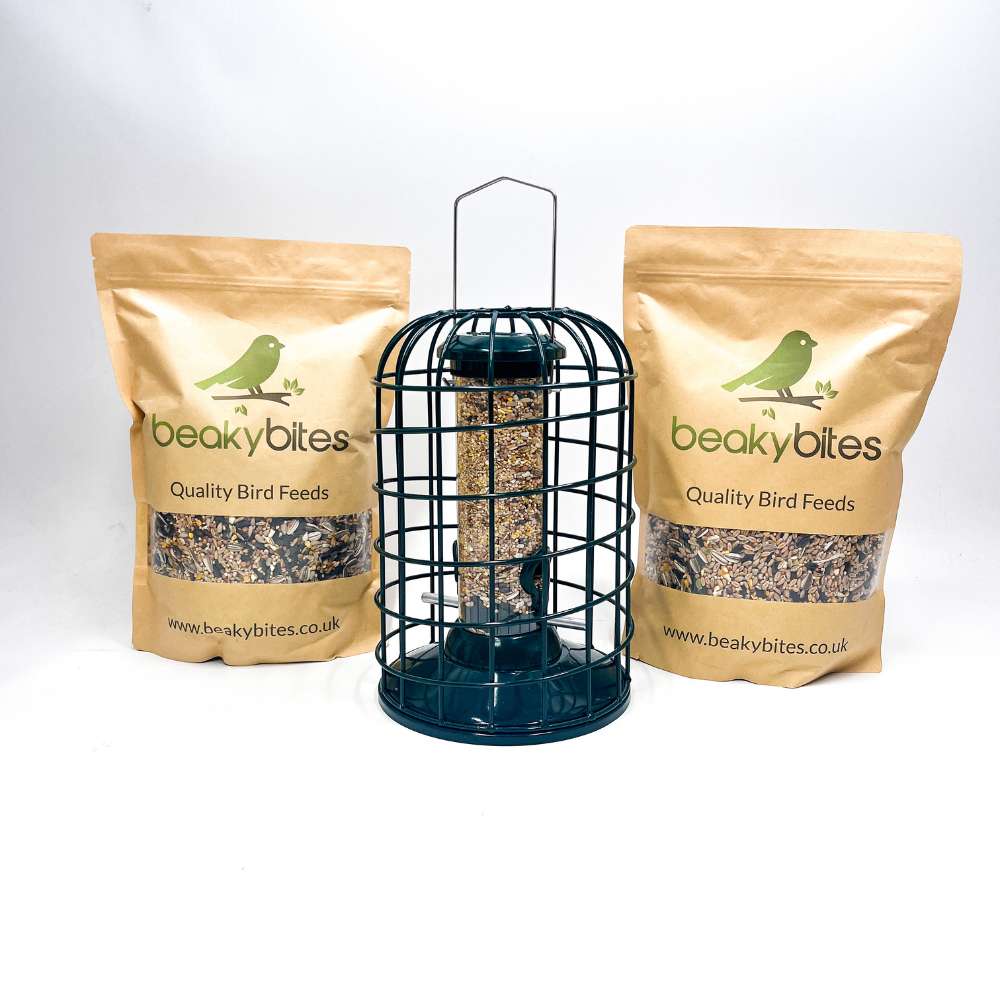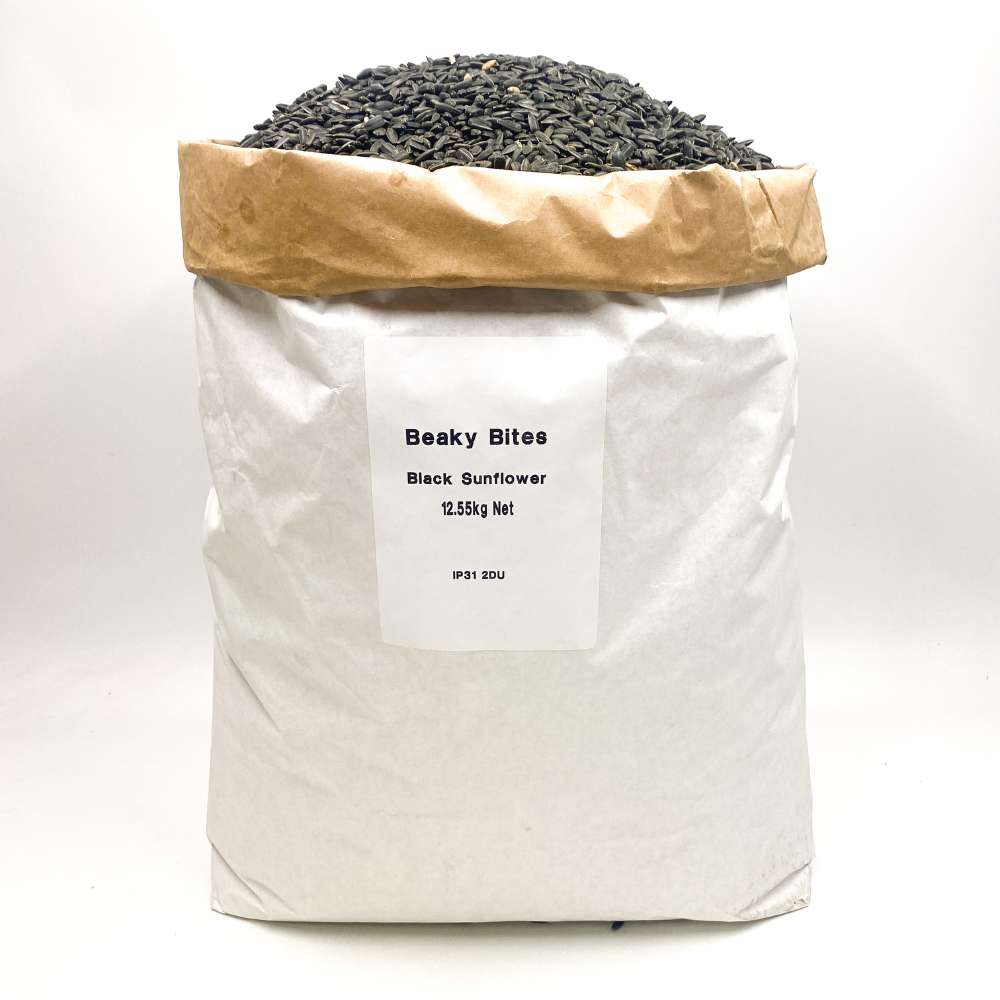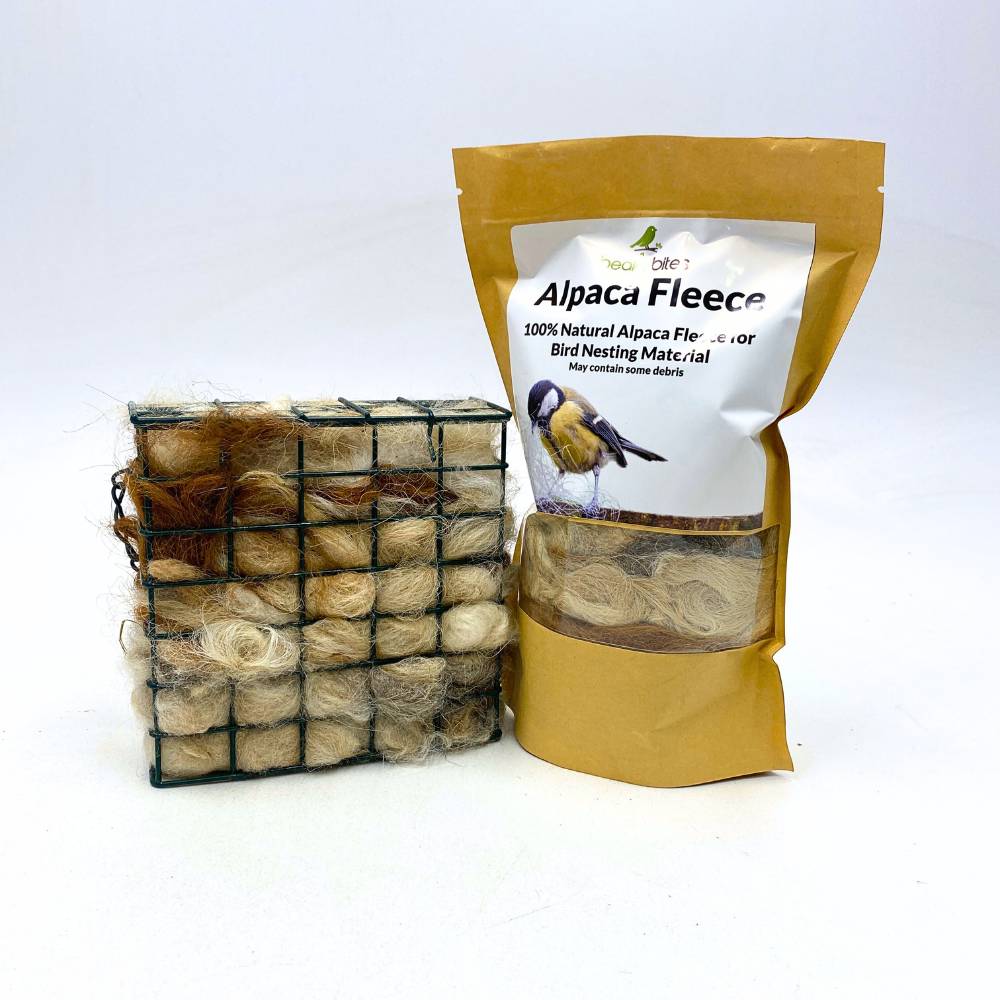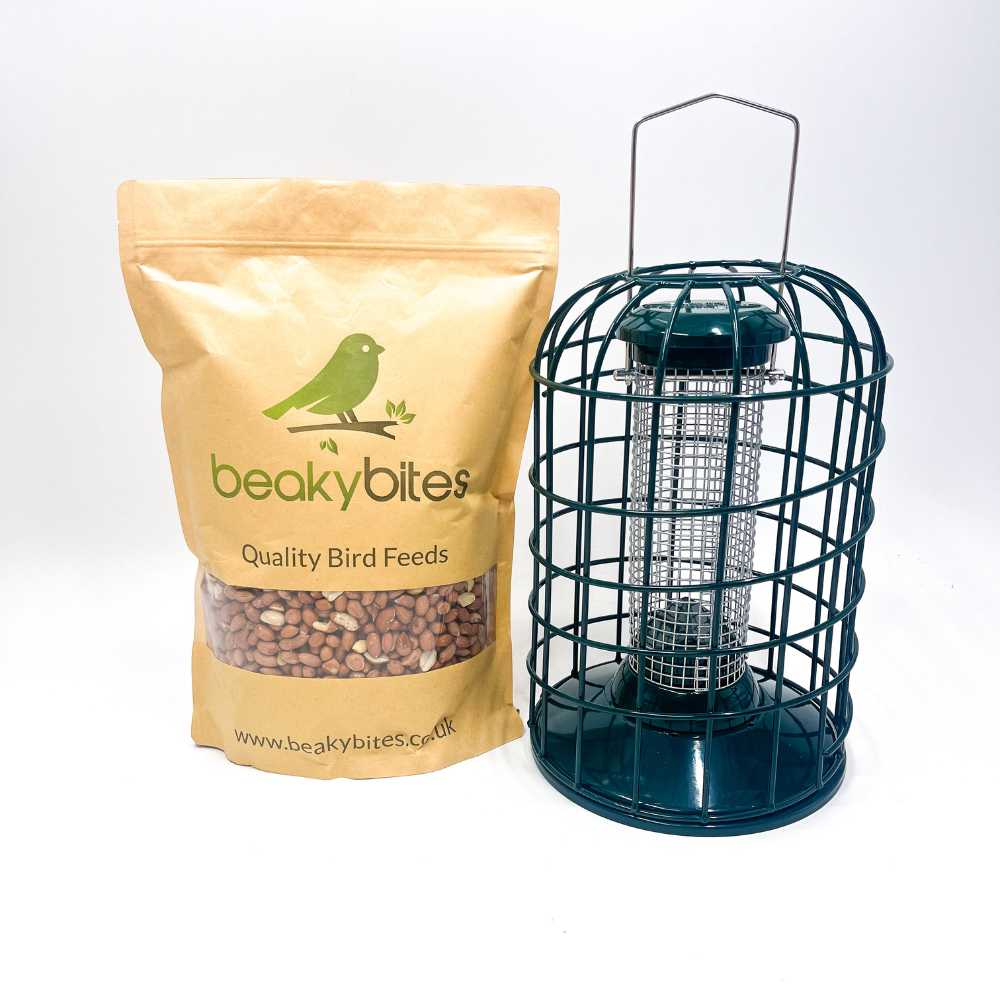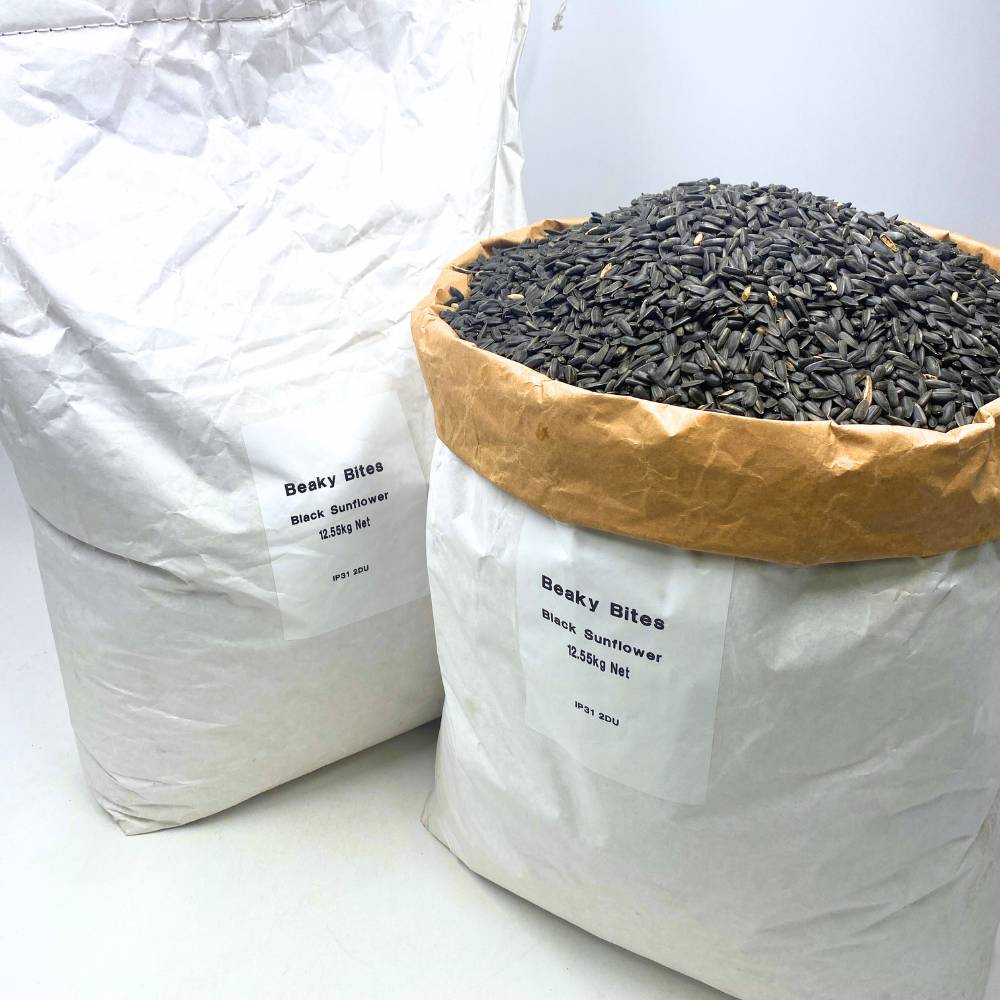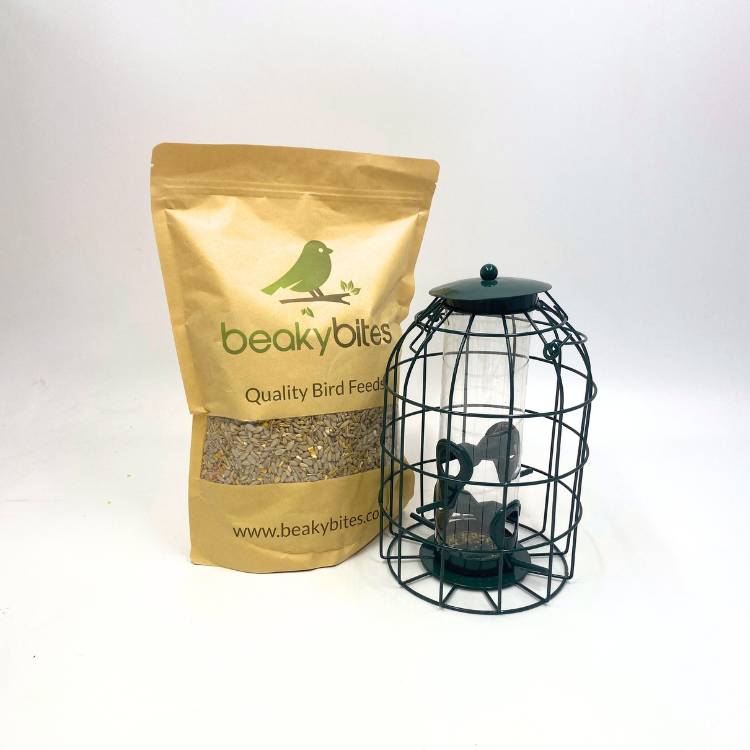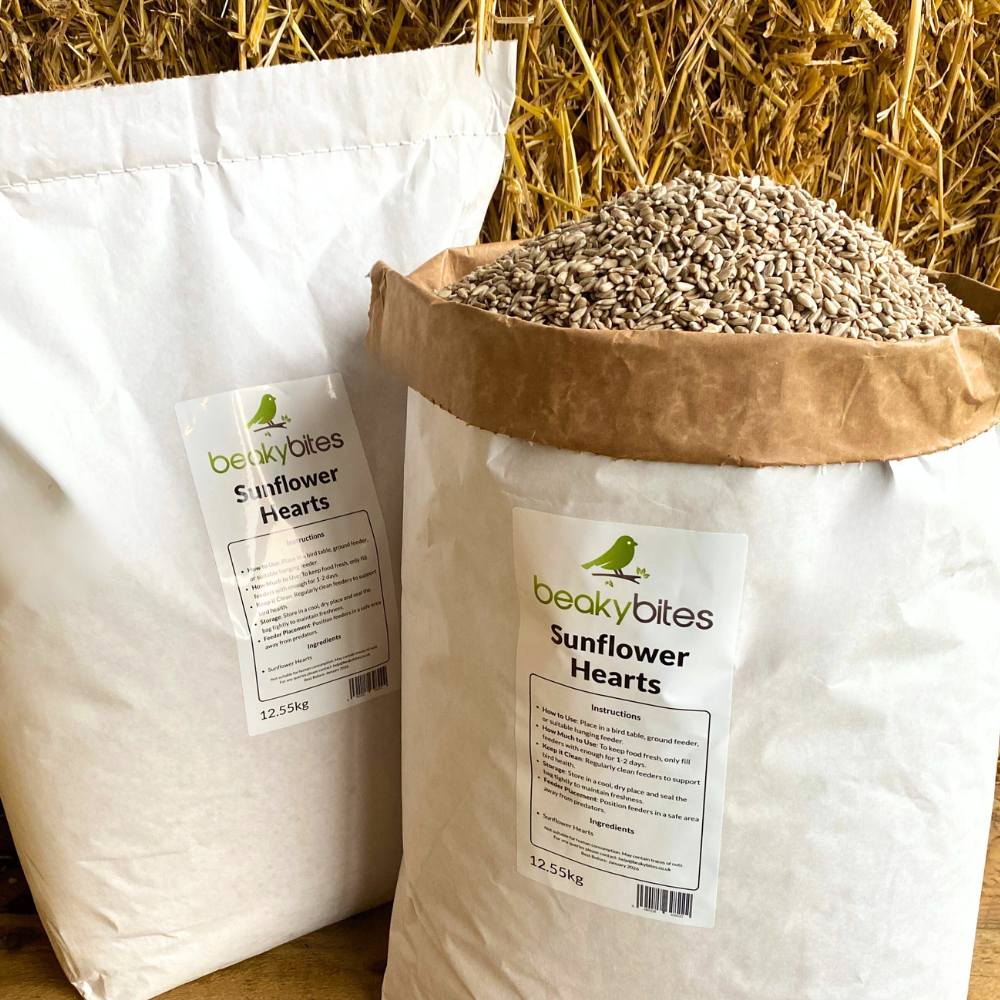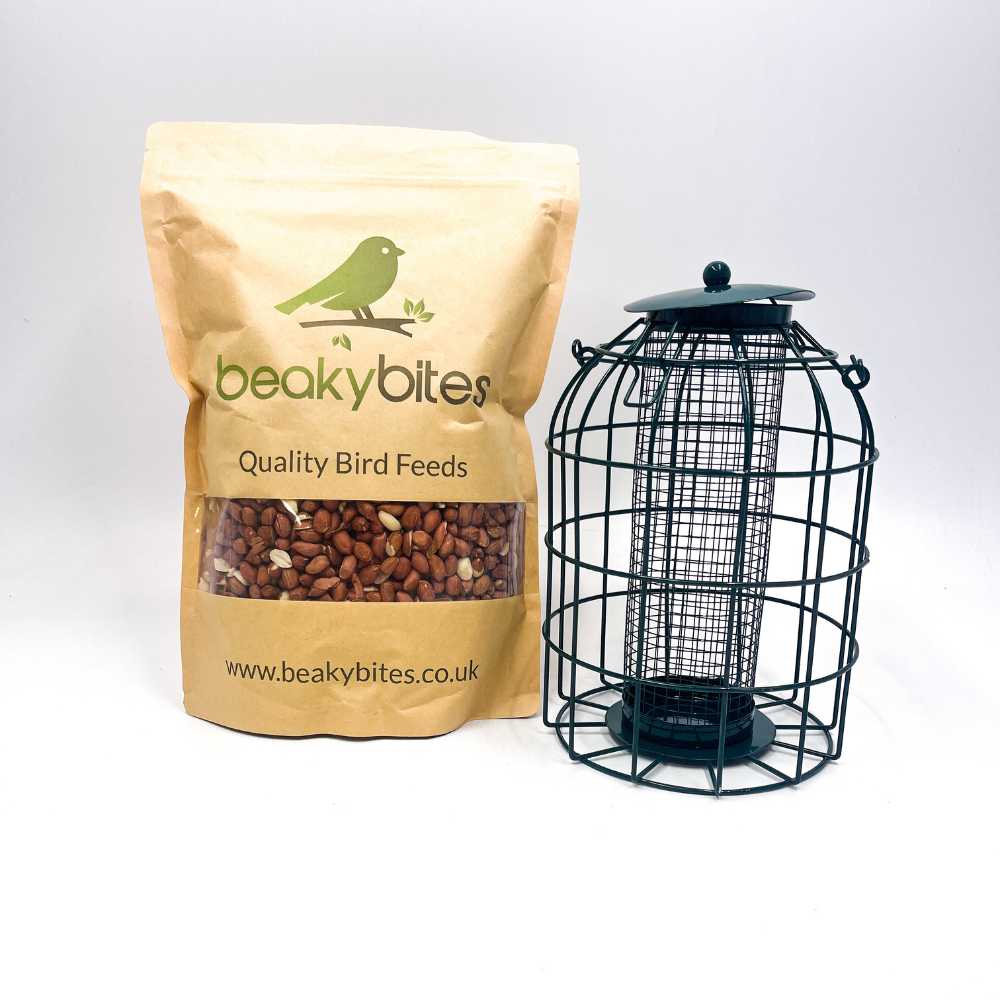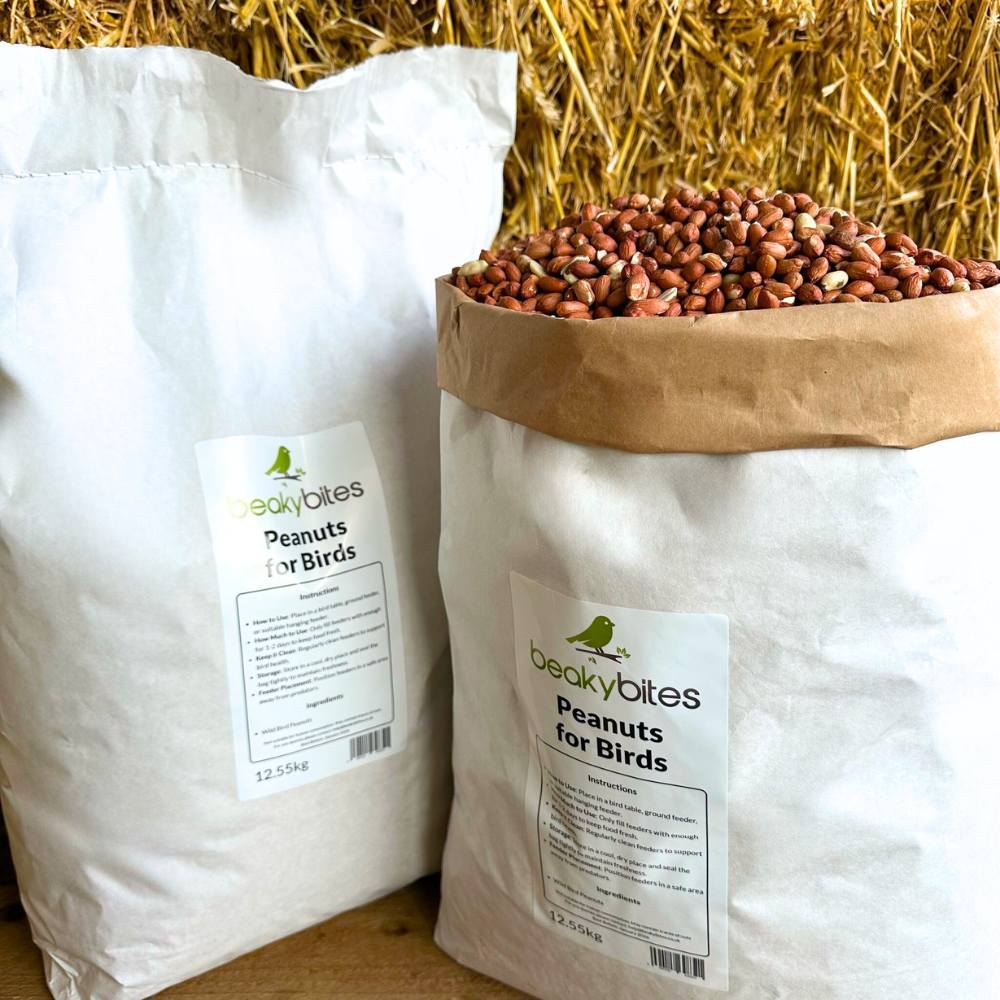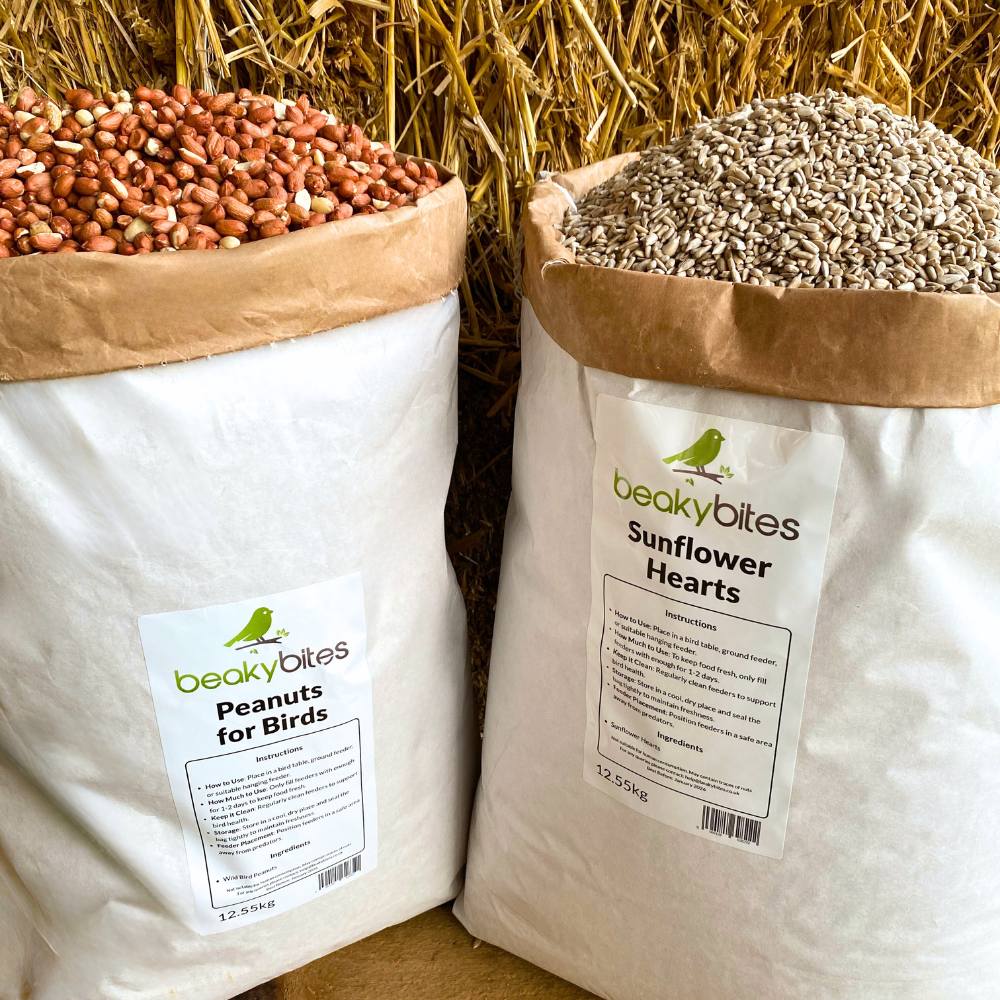Why You Should Clean Your Hanging Bird Feeders Regularly: Hygiene and Bird Health
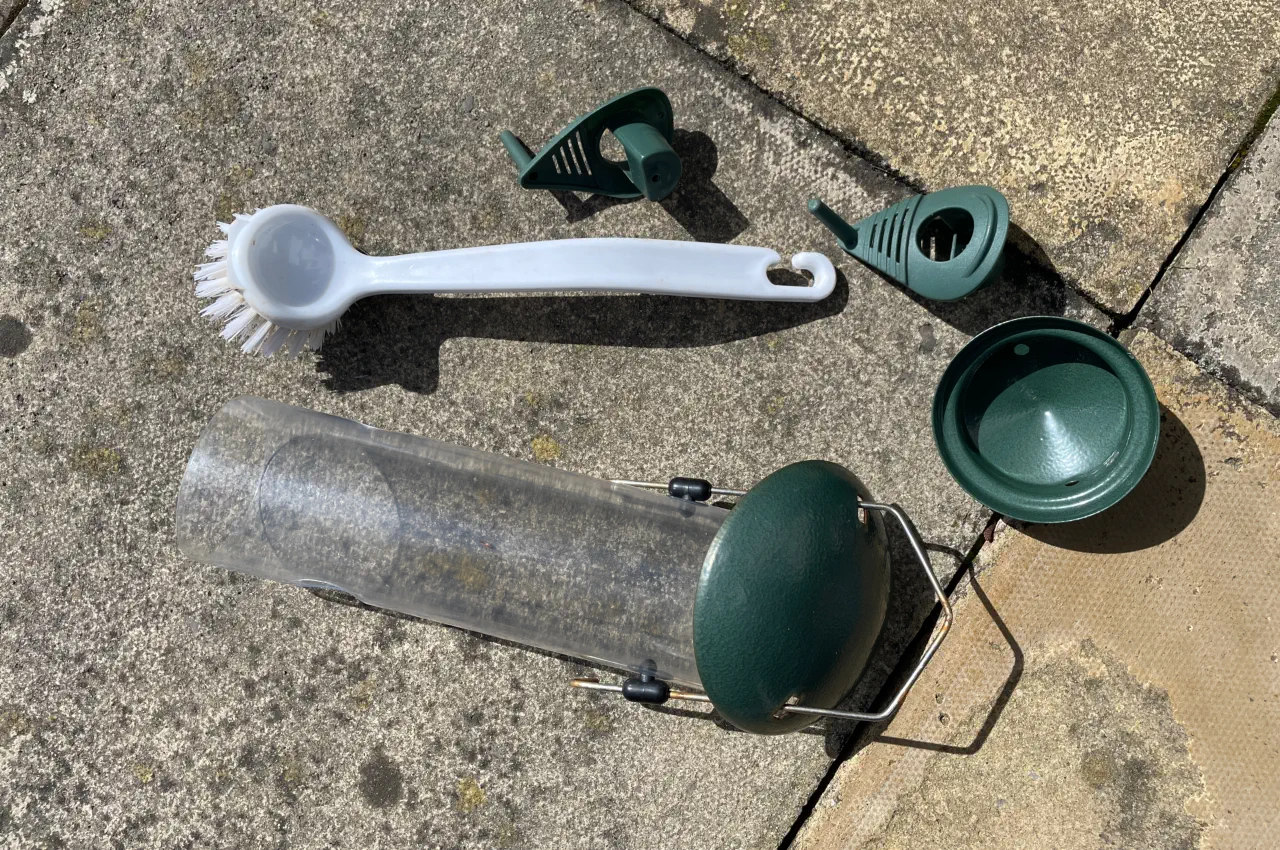
There's a responsibility that accompanies the delight of attracting wild birds to your garden; cleaning your bird feeders. It’s essential for promoting hygiene and maintaining bird health. Lets unveil the unforeseen hazards lurking in unclean bird feeders and how you can prevent them right now. Let’s ensure that our feathered friends continue to sing heartily and fly high!
The Importance of Cleaning Bird Feeders
Regularly cleaning bird feeders is not just a matter of aesthetics; it plays a crucial role in maintaining the overall hygiene and health of our feathered friends. It may be tempting to overlook this task, especially when life gets busy or the weather turns harsh, but neglecting proper feeder maintenance can have serious consequences for the birds we cherish.
Unclean feeders can become hotspots for the transmission of diseases among birds. Common ailments that can be spread through dirty feeding stations include house finch eye disease, salmonellosis, aspergillosis, and avian pox. These illnesses can cause severe health issues ranging from eye infections to respiratory problems or even death in some cases.
Consider how quickly pathogens can proliferate in unsanitary conditions. Moist food residues left in feeders provide an ideal breeding ground for bacteria and fungi. Mouldy seeds or stale food attract pests like rodents that carry their own set of diseases which can further jeopardise the well-being of bird populations.
Think of bird feeders as communal dining spaces for our feathered friends. Just like in any restaurant, cleanliness is paramount to ensure the health and safety of patrons. Imagine if a restaurant never washed their dishes, left spoiled food lying around, and allowed pests to infest the dining area. Patrons would surely fall ill and, over time, the restaurant's reputation would suffer. The same principle applies to bird feeders. By cleaning and maintaining them regularly, we create a safer environment for birds to find nourishment without being exposed to unnecessary health risks, which all in all promotes a better bird eco system in the neighbouring area, promoting higher number of local birds to your garden.
Preparing for the Cleaning Process
So lets prepare to clean our bird feeding stations. Firstly location, we need to make take our feeders to a location with proper drainage and water supplies as well as something to dispose of any waste. If its not eaten in the feeder, throwing it into a nearby bush isn't the safe answer either.
When it comes to cleaning your hanging bird feeders, there are a few essential supplies and equipment you'll want to have on hand. These items will help you effectively remove dirt, grime, and potential disease causing agents from your feeders, ensuring the health and well being of visiting birds.
Here are some key items you'll need:
- Bleach
- White Vinegar
- Cleaning brushes
- Gloves
- Old toothbrush
- Towels or paper towels
- Container or bucket
By having all of these supplies readily available, you'll be well prepared and ready to tackle the task of cleaning your hanging bird feeders effectively.
Step-by-Step Bird Feeder Cleaning Guide
- Wear protective gloves: Before starting the cleaning process, make sure to wear a pair of disposable gloves to protect yourself from any potential pathogens present in the feeder.
- Empty the feeder: Begin by emptying the bird feeder of all remaining seeds or food. You can collect these for later use (if it hasn't gone bad) or dispose of them safely, ensuring that they are not accessible to rodents.
- Scrub with soap and water: Using warm soapy water, scrub the feeder thoroughly both inside and out. Pay close attention to any areas where dirt, mould, or residue may have accumulated.
- Rinse with clean water: After scrubbing, rinse the feeder with clean water to remove any soap residue that might be harmful to the birds.
- Disinfect with bleach solution or vinegar: To eliminate any potential bacteria or viruses, disinfect the feeder by using a diluted bleach solution or a less toxic option of 1:1 solution of white vinegar. Completely submerge the feeder in the disinfectant solution for about 10 minutes, ensuring all surfaces come into contact with it.
- Thoroughly dry the feeder: Once disinfected, allow the feeder to air dry completely before reassembling and refilling it with fresh bird seeds or food. Ensure that there is no moisture left in the feeder, as damp conditions can promote mould growth.
- Clean feeding ports and perches: If your bird feeder has feeding ports or perches, make sure to clean them separately. Use a small brush, like a toothbrush, to scrub away any debris or build up, and rinse them thoroughly before drying.
- Refill: Finally refill your feeders, sit back and enjoy the birds.
By following these step-by-step instructions, you can ensure that your hanging bird feeders are clean and hygienic for our feathered companions.
Post Cleaning Measures for Bird Feeder Maintenance
One crucial post cleaning measure is to allow the feeder to dry completely before hanging it back up. Moisture can create an environment conducive to mould growth, which can harm birds and spread diseases. Imagine cleaning your bird feeder diligently, only to hang it back up while it's still wet. The retained moisture becomes a breeding ground for harmful bacteria or fungi, defeating the purpose of cleaning in the first place.
Another essential step is tidying the area below the feeder by removing any accumulated faeces, hulls, and spoiled food regularly. This practise helps prevent the attraction of rodents and other unwanted pests that may carry diseases harmful to birds. Additionally, snow covered lawns can be scraped lightly to remove any scattered food remnants.
It is important not to neglect cleaning bird baths if you have them in your garden. Similar guidelines apply: emptying and scrubbing with a diluted bleach solution or white vinegar, followed by thorough rinsing and drying before refilling them with fresh water.
How often should hanging bird feeders be cleaned?
Hanging bird feeders should be cleaned at least once every two weeks. Regular cleaning is essential to maintain proper hygiene and prevent the spread of diseases among birds. Studies have shown that dirty feeders can become breeding grounds for bacteria and fungi, which can be harmful to birds' health. By cleaning the feeders regularly, we ensure a safe and healthy feeding environment for our feathered friends.
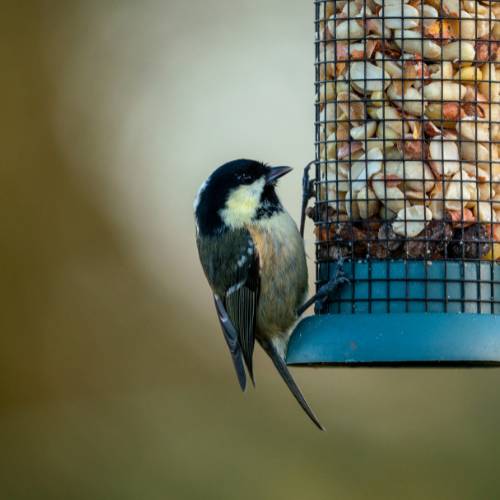
Frequently Asked Questions
How often should I clean my bird feeder?
Answer: Clean your bird feeder every 1-2 weeks, or more frequently during heavy use or warm weather.
What is the best method for cleaning bird feeders to prevent the spread of diseases?
Answer: Use hot, soapy water to thoroughly clean all parts of the feeder, rinse well, and air dry. Periodically disinfect with a diluted bleach solution.
Are there any specific types of bird feeders that are easier to clean than others?
Answer: Hopper feeders with removable trays or platforms and tube feeders with removable bases are easier to clean. Avoid intricate designs that trap debris.
Can I use household cleaners to clean my bird feeder?
Answer: Mild household cleaners like dish soap are safe. Alternatively, specialised bird feeder cleaning products are available.
What steps can I take to prevent pests from contaminating the bird feeder?
Answer: Use squirrel proof feeders, baffles, or guards to deter squirrels. Position feeders away from trees or structures, clean up spilled seed, and offer alternative feeding options for squirrels.
